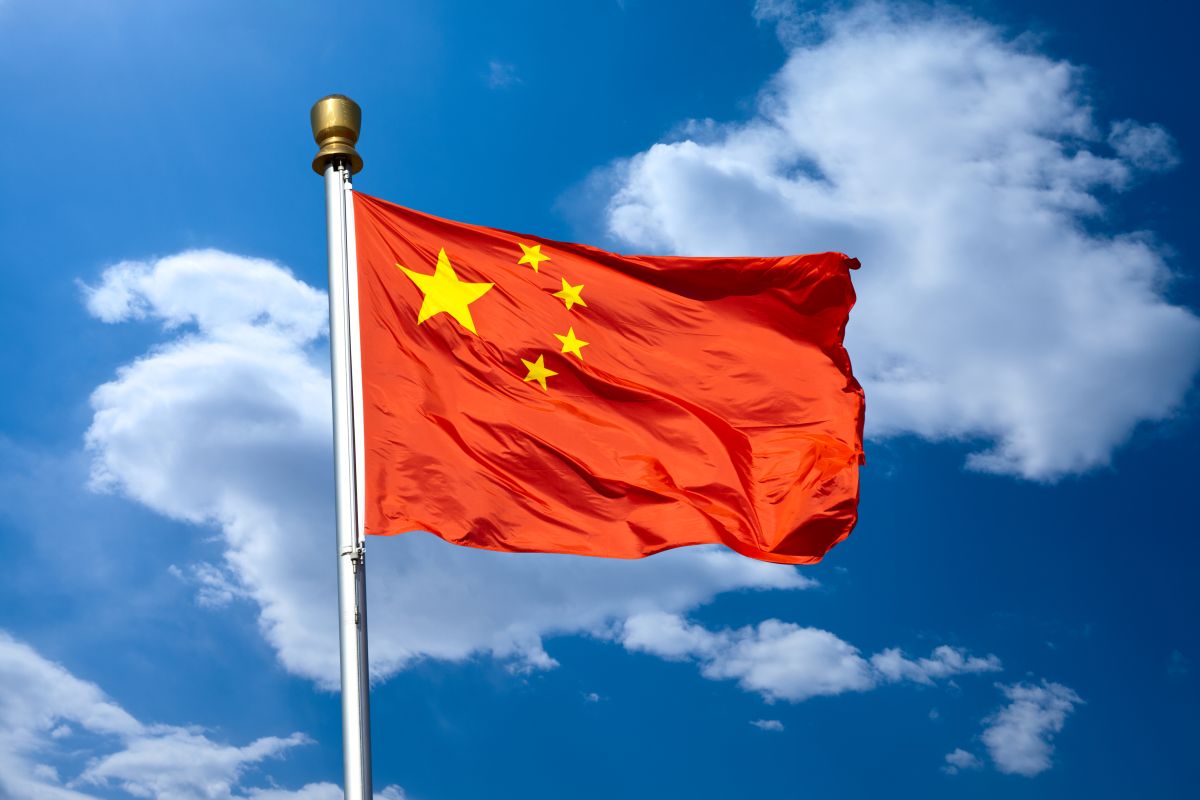China’s latest pledge of 360 billion yuan ($50.7 billion) in credit lines and investments to Africa signals an evolving approach in its relationship with the continent. However, it also highlights a cautious strategy that stops short of the debt relief many African nations urgently need. This shift in Chinese engagement reflects broader economic realities and challenges both within China and across Africa. In the past decade, China has been the largest bilateral lender to Africa, driving the continent’s infrastructure boom through the Belt and Road Initiative (BRI).
Roads, railways, and bridges financed by Chinese loans have transformed many African countries, facilitating trade and development. However, these projects also saddled numerous nations with significant debt. As economic pressures mount globally, particularly postCovid, China’s lending spree has cooled, leaving many African projects stalled. The commitments at the Forum for China-Africa Cooperation (FOCAC) suggest that China is recalibrating its strategy. By focusing on smaller, more targeted projects, especially in green energy, China aims to align itself with global sustainability trends while managing its own financial risks. This shift from large-scale infrastructure to small and beautiful projects also reflects China’s domestic priorities, where economic concerns are prompting a more measured approach to overseas investments. Yet, while China’s emphasis on clean energy and infrastructure is forward-looking, it does little to address the immediate financial strain that many African nations face.
Advertisement
The lack of explicit debt relief or restructuring options in China’s latest commitments is concerning. Many African countries are already grappling with unsustainable debt levels, and without significant relief, their economic recovery could be hampered. China’s call for joint actions and fair burden-sharing among other creditors is a diplomatic way of deflecting sole responsibility for Africa’s debt challenges. While it is true that African nations owe significant sums to various international lenders, China’s role as the largest bilateral lender places it in a unique position. Its reluctance to offer direct debt relief could be seen as prioritising its financial interests over the economic stability of its African partners. Moreover, the opacity surrounding the terms of Chinese loans continues to be a point of contention. Without greater transparency, African nations may find themselves in a cycle of dependency that could undermine their long-term development goals. This lack of clarity also complicates the ability of African governments to negotiate fair terms and to manage their debt effectively.
Despite these concerns, there are positive aspects to China’s engagement with Africa. The focus on green energy projects could help address the continent’s chronic power shortages and support industrialisation efforts. Additionally, infrastructure investments, even on a smaller scale, are crucial for the success of the African Continental Free Trade Area (AfCFTA), which aims to boost intra-African trade and economic integration. As African nations navigate their economic challenges, a more balanced approach that combines investment with meaningful debt restructuring will be essential for sustainable development.











